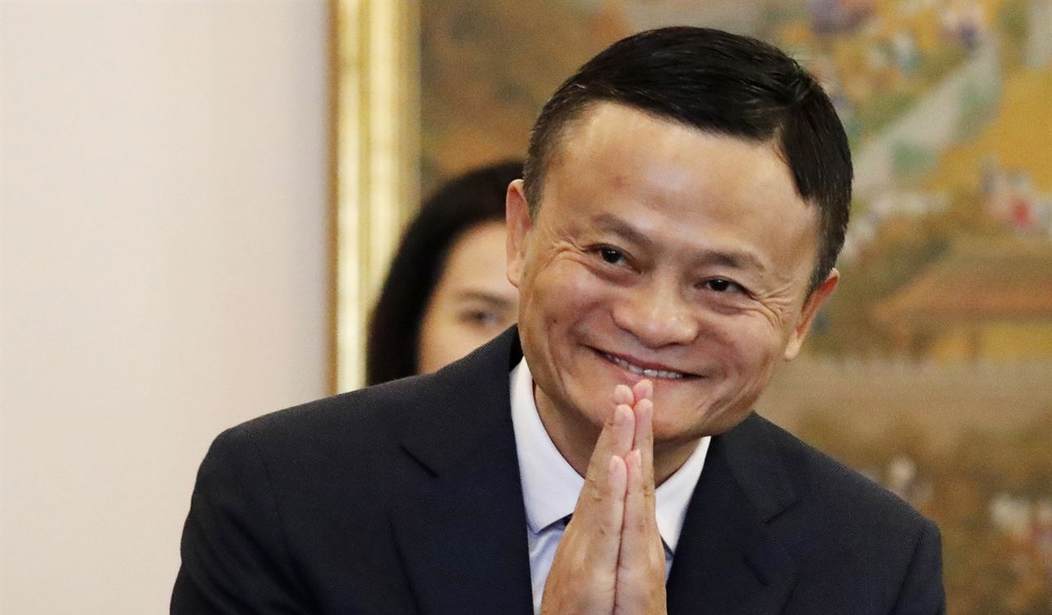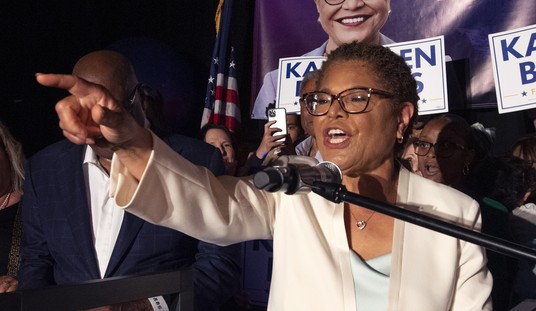My guest for this article. In the world of journalism, I know few that are more diligent than investigative reporter Hollie McKay.
By Hollie S. McKay
It is the stuff of a thriller novel: China’s wealthiest and one of its most famous of faces disappears for months on-end, weeks after subtly criticizing the country’s communist party (CCP) and being summoned for a government “meeting.” He fails to show up for a designated taping of the TV program he created, “Africa’s Business Heroes,” and all word on his whereabouts goes dark.
Rumors run rampant that the illustrious tycoon is rotting away in a maximum-security jail cell at worst, or at best under lock-and-key in gilded house arrest for his slightly unflattering depiction of Beijing’s governance. If he was lucky, he might have fled to Singapore or Thailand.
That individual was the ever-eccentric entrepreneur Jack Ma, founder of online shopping giant Alibaba and financial technology conglomerate Ant Group Co. Tongues were wagging from Wall Street to Wuhan, and many expressed grave concerns for his wellbeing and safety.
And then, just like that, voila: the 56-year-old billionaire more than 60 times over, who stepped down from his executive chairman role in September 2019 to try his hand at other labors of love like the hit reality series, was seen this week playing golf on the sprawling Sun Valley Golf Resort. Like nothing had ever happened. Or had it?
Meanwhile, the CCP has been curating a crackdown on his ever-ascending business dominion. As Bloomberg reported earlier this month, Ant has reached a “restructuring” initiative expected to be announced in the coming weeks. It marks the next known move of the meddling leadership since regulators suspended the fintech leviathan’s initial public offering three months ago, just days before it was slated to start trading in Hong Kong and Shanghai. It would have marked the largest IPO in China’s history.
However, Alibaba’s future remains unclear – as does the notion that Ma may still be in serious trouble, despite his purported frolic from hole-to-hole.
Mystery and mess converged last October, shortly after Ma notoriously condemned Chinese financial regulators during his speech at the Bund Summit in Shanghai, surmising that the banking system function with something akin to a “pawnshop mentality” with its antiquated demands for collateral and guarantees for loans. Within weeks, the famed face vanished and authorities heralded an Ant revamp while simultaneously launching an anti-trust investigation of the Alibaba behemoth.
Since his re-emergence this week, some analysts have suggested that Ma was perhaps just “laying low” while the financial knots de-tangle and authorities lay out their terms. Yet, given the nature of their penchant for power and past performance in cutting down any individual or entity that appears to blow too big, it is impossible to be so confident.
The laundry list is long.
Just over five years ago, high-profile fast-fashion firm Shanghai Metersbonwe Fashion & Accessories was also compelled to temporarily stop trading its stock, citing concerns that its billionaire founder Zhou Chengjian, then 50, was nowhere to be found. China Daily, a government-owned newspaper, subsequently reported that he was apprehended by law enforcement to assist with possible stock manipulation and insider trading probe.
A week later, he suddenly arrived for work once again.
Then there is Xiao Jianhua, a Chinese-Canadian billionaire, who was abducted from his hotel room in Hong Kong in early 2017 and has not been seen since. Although there is no official word from the CCP, of which Jianhua was a devoted member, reports have asserted that he is being held for crimes pertaining to the manipulation of stock and futures markets, as well as “offering bribes on behalf of institutions.”
Moreover, the “Warren Buffet China,” also known as Guo Guangchang, vanished in 2015. When he did resurface, the investor said he was “assisting in certain investigations” at the behest of Chinese officials. That same year, securities trading billionaire Yim Fung spent a month into the unknown.
More recently, real estate magnate Ren Zhiqiang slipped into thin air last March after publishing an online essay that hit back at the CCP’s handling of the Covid-19 pandemic. Despite refraining from mentioning President Xi Jinping by name, he made reference to the head-honcho as a “clown.”
The horror.
But the real horror was for those who loved him most, who could not locate him for months. Then in July, the CCP officially declared that Ren had been expelled from the Communist Party and his assets seized. He was also charged – not with publicly criticizing the country’s ruler – but with the increasingly common crime of accepting bribes and abusing his power.
Yet Ren might be one of the lucky ones.
On Christmas Day, a 39-year-old video game mogul, Lin Qi, was fatally poisoned in Shanghai. Who or how it happened is yet to be determined.
While each case has its own meaning and motivations – ones that will likely never really be known – experts deduce that there is a clear message in the mayhem.
“The CCP rules China with an iron fist and will probably try to extend its grip around the world as well,” noted Agri Terra Managing Director and political strategist Carsten Pfau. “The CCP is making one thing clear: no matter how rich and powerful you are, you owe allegiance to the almighty party, or you’re gone. Open criticism towards the party leadership and a praise of western countries are seen as a lack of loyalty that is punished harshly.”
In recent years, Jinping has endeavored to bolster the CCP’s grip over China’s private enterprises, depositing more and more party officials inside the non-state companies, enforcing stringent mandates that firms must serve the state and halting some from obtaining state-owned lines of credit.
However, how much that peril for power hurts foreigners from coming to do businesses – and stagnates Chinese ambitious world economic ambitions – remains to be seen.
“No one can become successful in China without the blessing of the almighty party. If you want to do business in China, you need to be on the CCP’s good side,” Pfau added. “Under a Biden presidency, that may well be much easier than during the last four years. That’s good news for companies wanting to do business in China, maybe not such good news for the American worker. In order to be successful in China, you have to learn to praise the CCP, and you have to make sure to keep your mouth shut beyond that.”













Join the conversation as a VIP Member